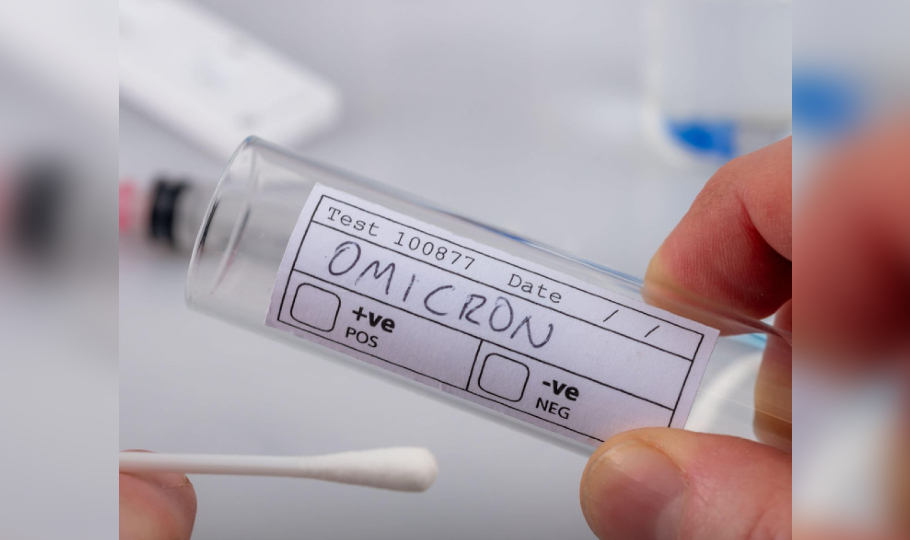
Mutations in Omicron may increase its transmissibility, vaccine evasion: Scientists

Scientists have found that mutations in the Omicron variant of coronavirus may help it bind better with human cells, increasing its transmissibility factor and evasion towards antibodies further.
The scientists from Boston College in the US developed a computer model that can predict mutations in the SARS-CoV-2 virus, and provide insights into future variants of concern before they emerge. The team used the model to develop an initial set of predictions about the role of mutations on infectivity and immune response evasion of Omicron and other SARS-CoV-2 variants with human host cells.
“We find that Omicron has not reached its full potential to bind human host cells,” said Babak Momeni, assistant professor at Boston College.
“We identify mutations that can strengthen the virus’ affinity for the human cell, which could increase infectivity and evasion of antibodies,” said Momeni, lead researcher on the project.
The Omicron variant of the coronavirus is suspected to be the most infectious yet by binding to human receptors better than the Delta variant.
The research, which is yet to be peer reviewed, and has been posted on the preprint repository bioRxiv found that Omicron may have the potential to continue to evolve even stronger binding to increase transmission and infectivity.
The spike protein of the coronavirus binds to a receptor on the host cells, called ACE2, which allows the virus to enter the cells and infect it. With binding being the first step for infection, several mutations seen in previous variants of concerns have shown to be important for increasing the spikes binding to human ACE2.
“We use a fully quantum mechanical model to theoretically assess how different mutations in the spike can contribute to its increased, or decreased, binding strength to human ACE2,” said Momeni.
“The modelling shows that Omicron binds to receptor proteins stronger than the Delta variant,” he said.
Researchers said that the model predicts which mutations allow better binding to host receptors and better evasion of antibodies, to narrow down on mutations that can potentially lead to a future variant of concern.
“Having this knowledge from our model would help with readiness for detecting and preventing, as well as treating, emerging and future variants,” Momeni added.
He, however, cautioned that increased infectivity is only one important aspect in variants of concern.
It is also important to monitor the severity of symptoms and the ability of the variant to evade antibodies and vaccines, the researcher said.
The study found that Omicron’s spike proteins bind better than the Delta variant to the human ACE2 receptor.
However, not all mutations in the spike proteins targeting system – known as a receptor binding domain – are beneficial for binding, the researcher said.
This suggests factors other than binding may also be involved in determining how the variant evolves.
One possible explanation is that the variant has acquired mutations to evade host antibodies, Momeni said.
Such mutations can be detrimental to its binding to the host receptor and were followed by additional compensatory mutations to recover, or even improve, its receptor binding.
(With inputs from agencies)


